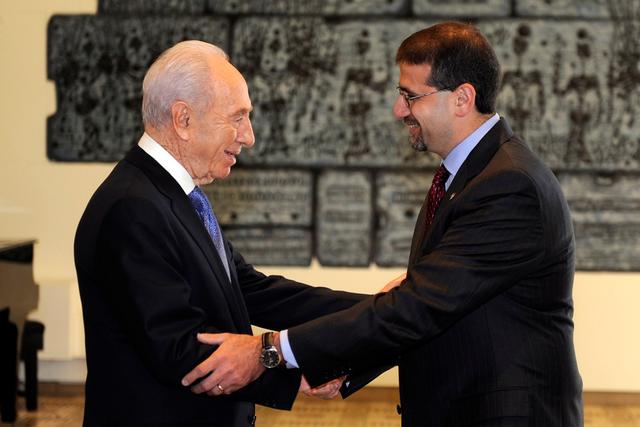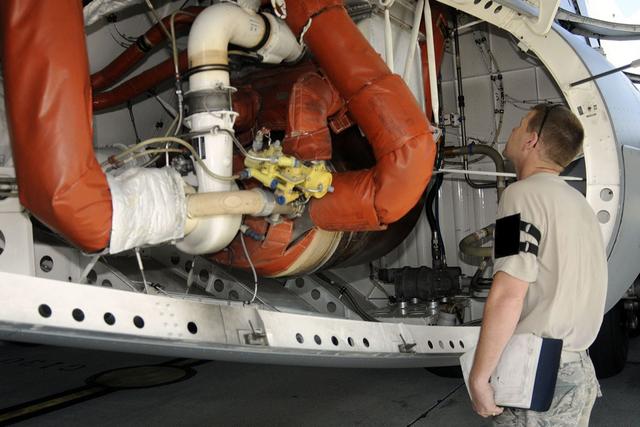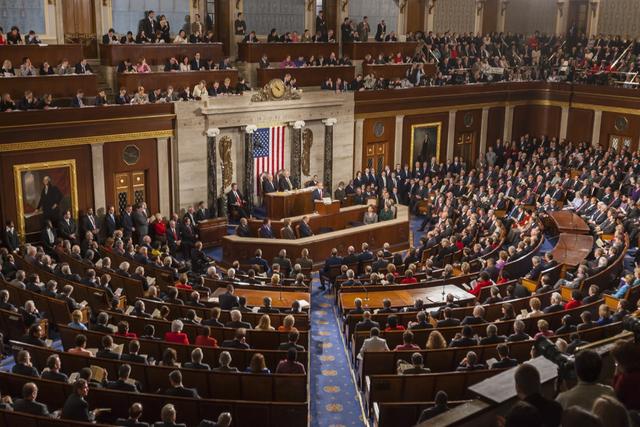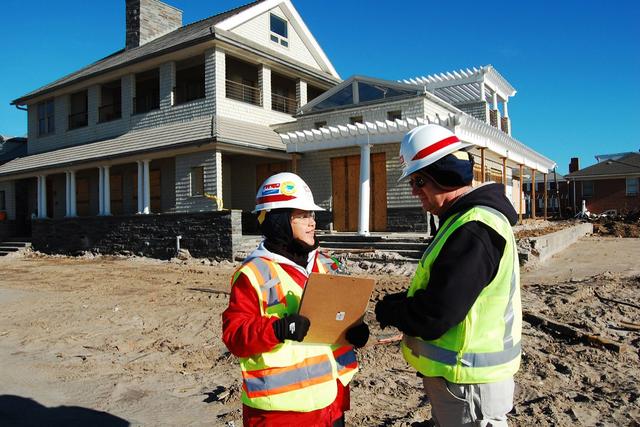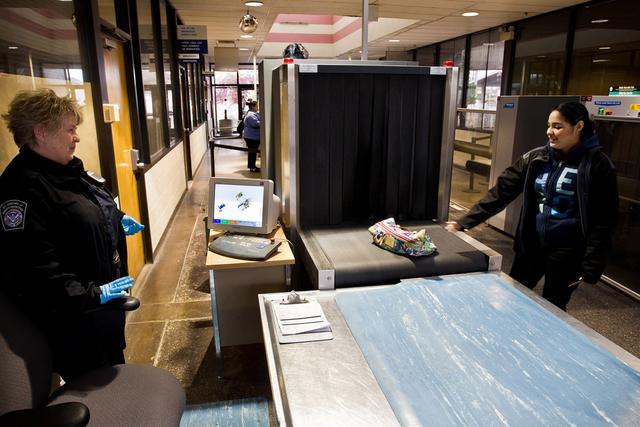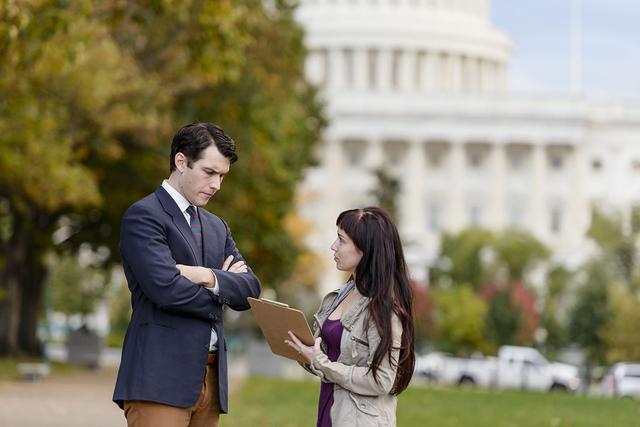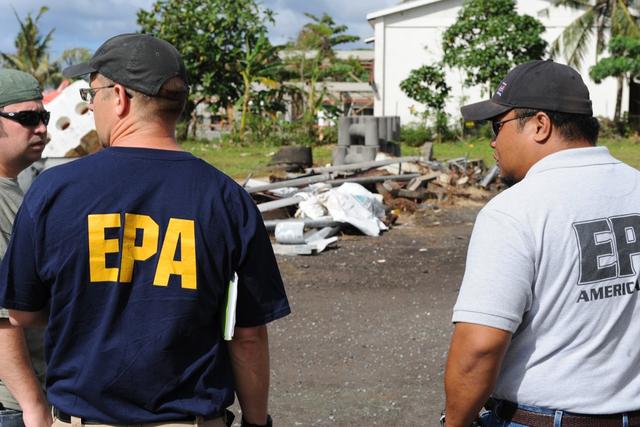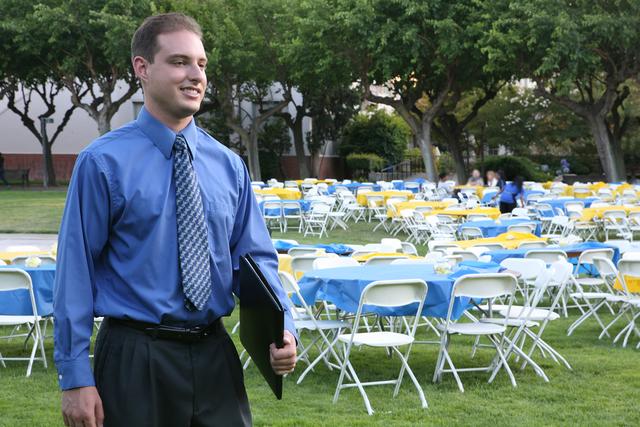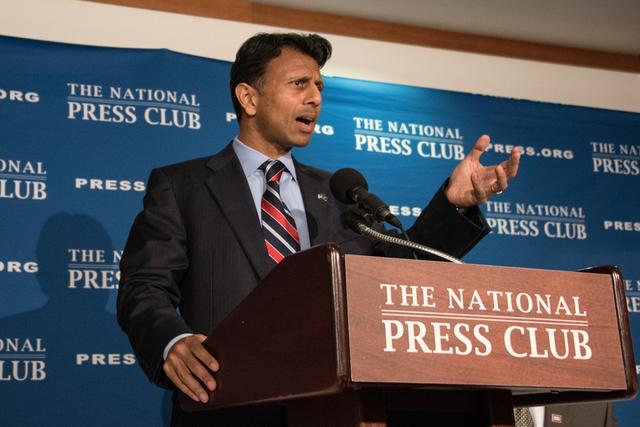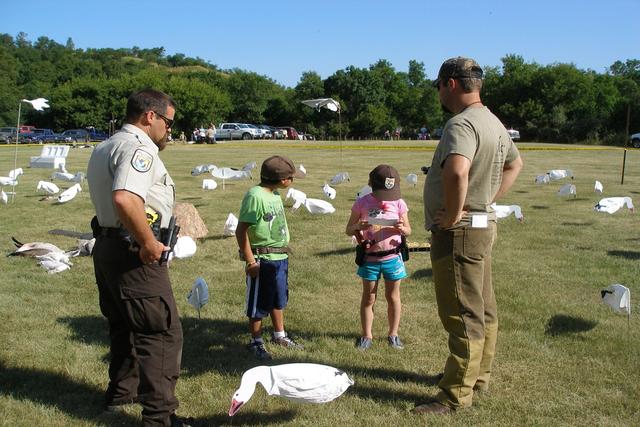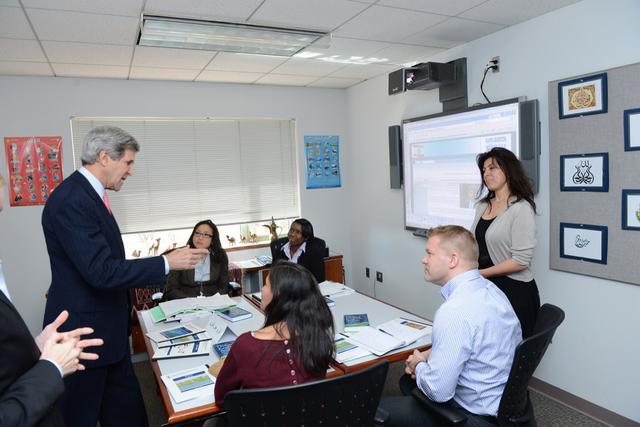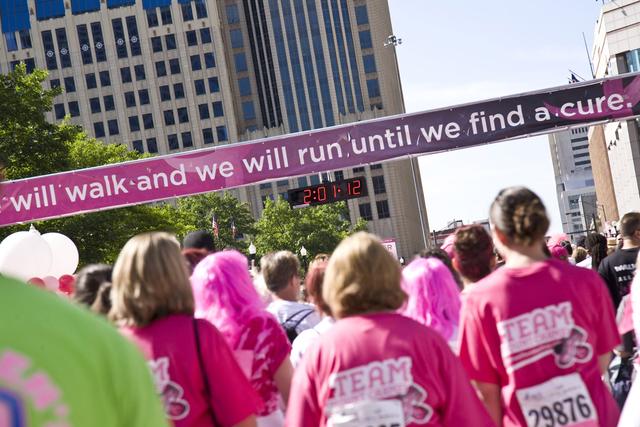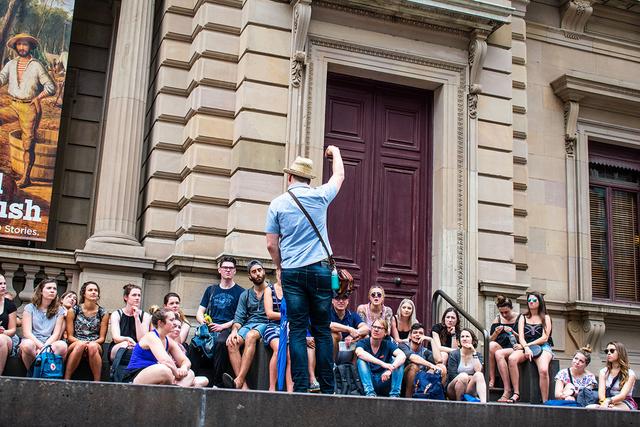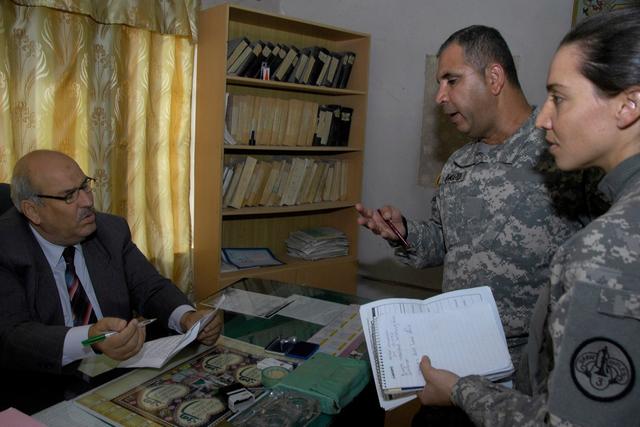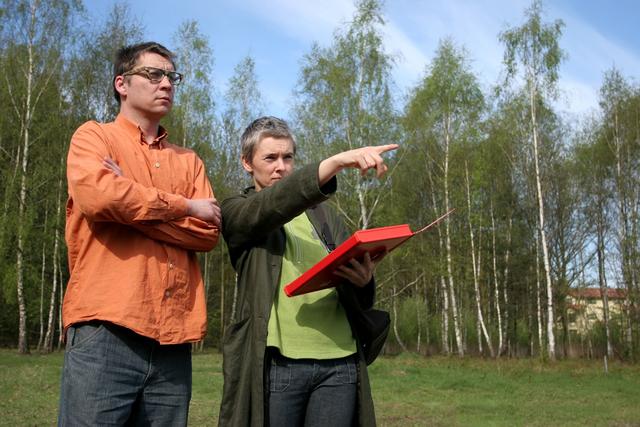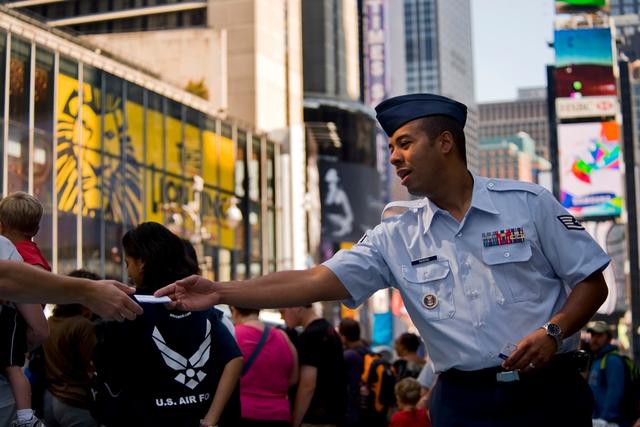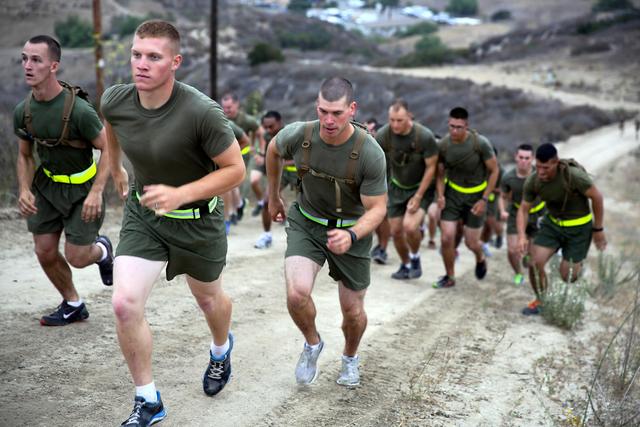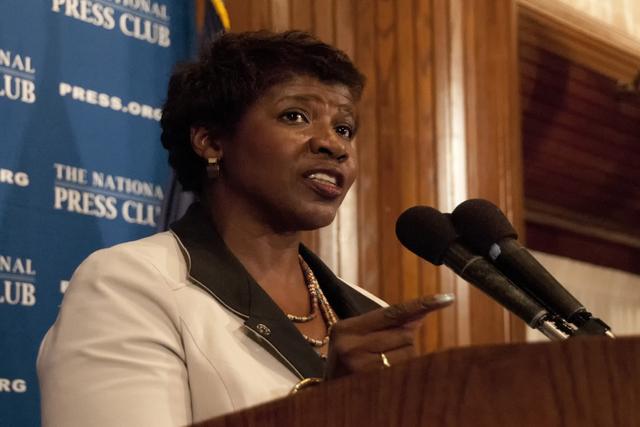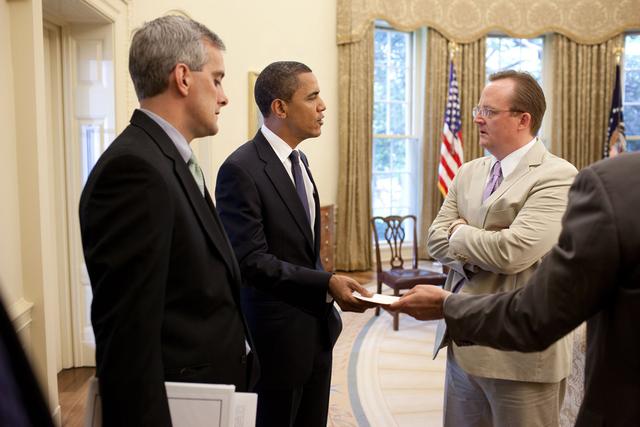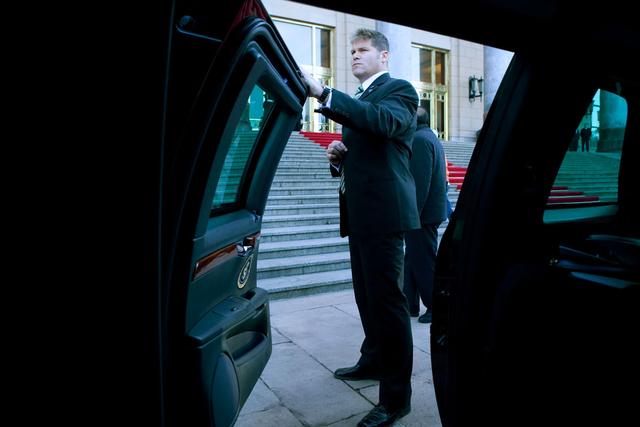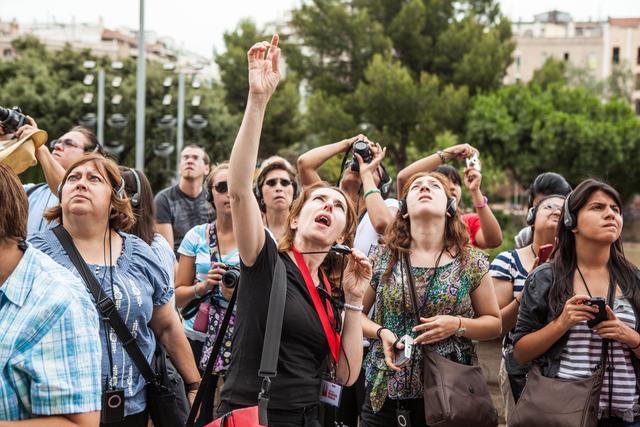Campaign Workers
Overview

Introduction
Campaign workers help candidates for government offices get elected. By calling voters, sending out fliers, advertising on TV, radio, and the Internet, and arranging for campaign appearances by the candidate, they educate the public about a candidates strengths and concerns. Candidates for mayor, governor, Congress, president, and other local, state, and federal offices must use campaign workers and managers to handle many of the details of an election, such as budgets and expenses, fund-raising, and press relations. Campaign worker...
Quick Facts
Median Salary
Employment Prospects
Minimum Education Level
Experience
Skills
Personality Traits
Earnings
Campaign workers who answer phones, prepare mailings, and post fliers are generally unpaid. As they gain experience some campaign workers can become field organizers, responsible for coordinating events as the candidate travels around his or her district, or exercise their computer skills as data analysts who collect and interpret demographic data about a candidates potential voters. Employment...
Work Environment
The work can be very stressful and require long days and weekends during a campaign. A manager must be available to the candidate at all times. Campaign workers may work in an active, energetic office, sharing in the excitement of a candidates pursuit of office. But they may also be discouraged by the apathy of the general public in regard to government and politics. The work can be tedious and...
Outlook
The U.S. Department of Labor predicts faster than average employment growth, relative to all other professions, through 2032 for community and social service specialists, the closest labor market category to political campaign workers. The media has become even more important in a political campaign. Campaign workers in the coming years will have to possess a good understanding of the use of th...
